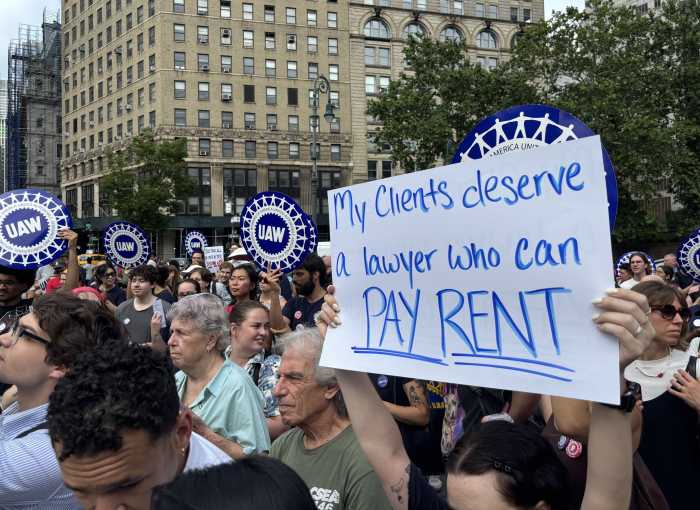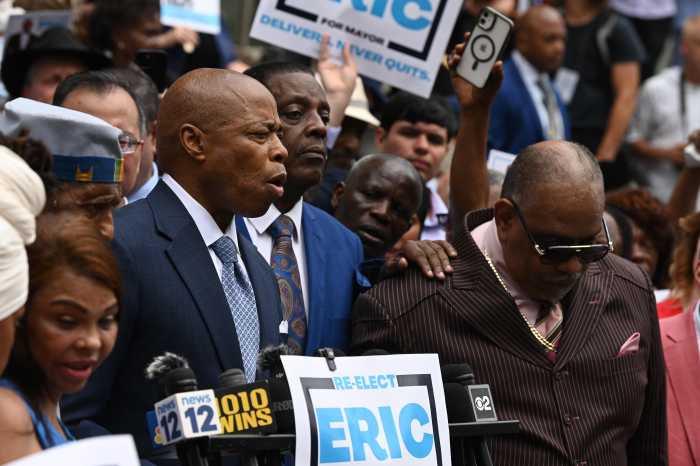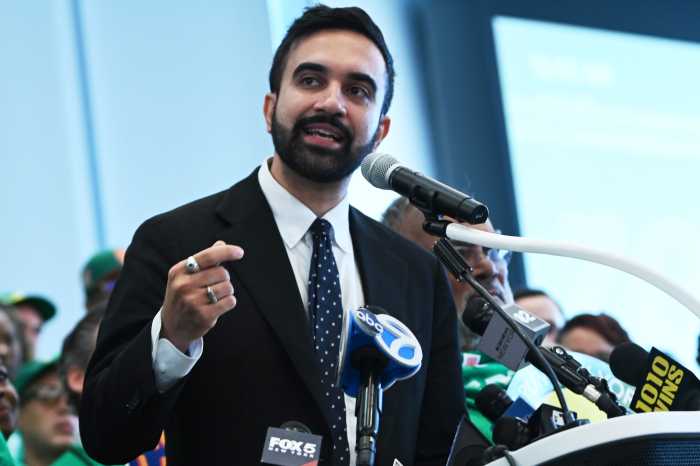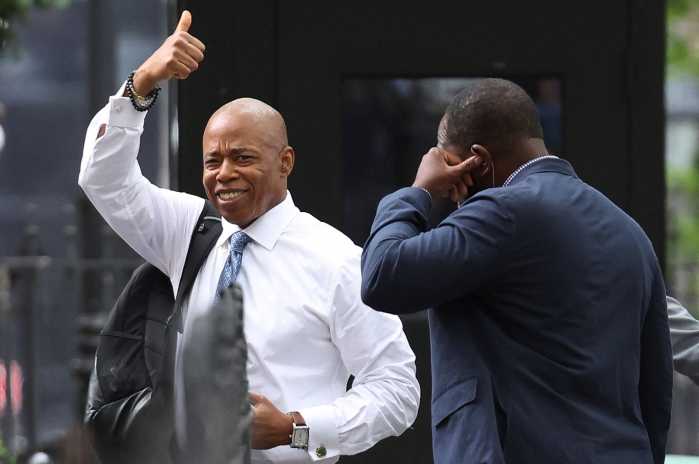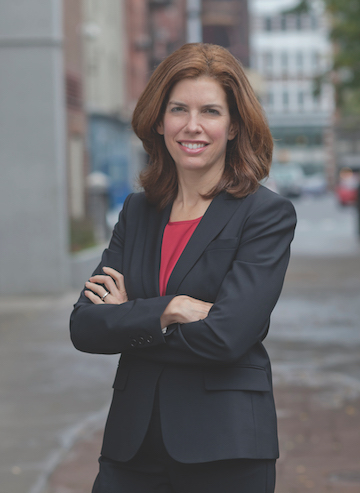
BY STEVE BARNES | When it comes to the world of film and television, New York City has “the richest talent base in the country,” Julie Menin, commissioner of the Mayor’s Office of Media and Entertainment (MOME), asserted.
But making sure that all segments of that talent base are accorded opportunities remains a problem. According to Menin’s office, several studies have indicated that women — along with people of color, those with disabilities, and the LGBT community — are underrepresented both in front of and behind the camera.
One of those studies, done by the University of Southern California’s Annenberg School for Communication and Journalism, found what it called “an inclusion crisis” in the industry. Not only were just 15.2 percent of directors across film, television, and digital series female, that low level of representation also extended to writers (28.9 percent), series creators (22.6 percent), and even actors (with just 33.5 percent of speaking roles taken by women).
“It’s incredibly discouraging that while women comprise 52 percent of the city’s population, less than 10 percent of the top-grossing films are directed by women,” Menin said.
Her office is taking action to address that state of affairs.
MOME has announced a series of initiatives directed at expanding the number of women working in all aspects of the film and television industry. From helping filmmakers find funding for their projects to encouraging budding screenwriters and providing a platform for women to showcase their work, these programs are aimed at raising the profile of women in the city’s entertainment industry, which according to Menin’s office, brings $9 billion into the city’s economy annually.
Two of those initiatives are directed specifically at getting female filmmakers the money they need to get the cameras rolling. The first of those, the office’s Women’s Fund for Film and Theatre, will provide $5 million in cash grants over the next five years to “support film and theater projects by, for, or about women.” Those funds will be dispersed at what MOME calls “strategic moments” during the course of those projects selected, providing the assistance needed to complete them.
The other initiative takes the idea of speed dating and brings it into the sphere of film finance. In a “speed funding” event for 50 filmmakers, participating directors and producers will have the opportunity to meet with venture capital firms, angel investors, and other funders. To qualify for participation in the event, filmmakers will have to be part of a team with a least one member claiming New York City residency. They will also need a finalized script of at least 60 minutes in length, either written by women or addressing women’s issues, and a screenwriter registered with the Writers Guild of America East, as well as having a director and producer committed to the project.
Another initiative targets screenwriters. A screenwriting competition will give its two winners the chance to have their scripts produced as pilots on NYC Media’s Channel 25. One of those pilots will then be produced as an episodic series on the channel, reaching a potential audience of 18 million viewers.
Channel 25 is also part of another MOME project that has raising the profile of women in the media as its goal. Two new documentary programs on the channel will focus exclusively on women. “The Vanguard: Women in Media” will feature such media pioneers as TV anchor and reporter Connie Chung, former New York Times editor Jill Abramson, and Essence Magazine editor Vanessa De Luca, as well as telling the stories of emerging media figures. “Her Big Idea” has as its focus the works of women entrepreneurs, including the founders of Sarabeth’s, BarkBox, Fishs Eddy, and more.
And as the last of the five initiatives, a new report, “Women in the Director’s Chair: The MOME Report on Fairness in the Film Industry,” will examine the comparative paths that male and female directors take as they progress in their careers.
Menin said she has received a positive response from leaders in all of the city’s boroughs.
As these initiatives roll out, Menin said, MOME will reach out to women across the city to make sure they know about them as well as all of the other services MOME provides. One of those, the “Made in NY” PA Training Program, offers the chance to learn the ropes as a production assistant, yet another way to enter the media industry.
For more information on the new initiative, the “Made in NY” program, or any of MOME’s other offerings, go to nyc.gov/mome.



